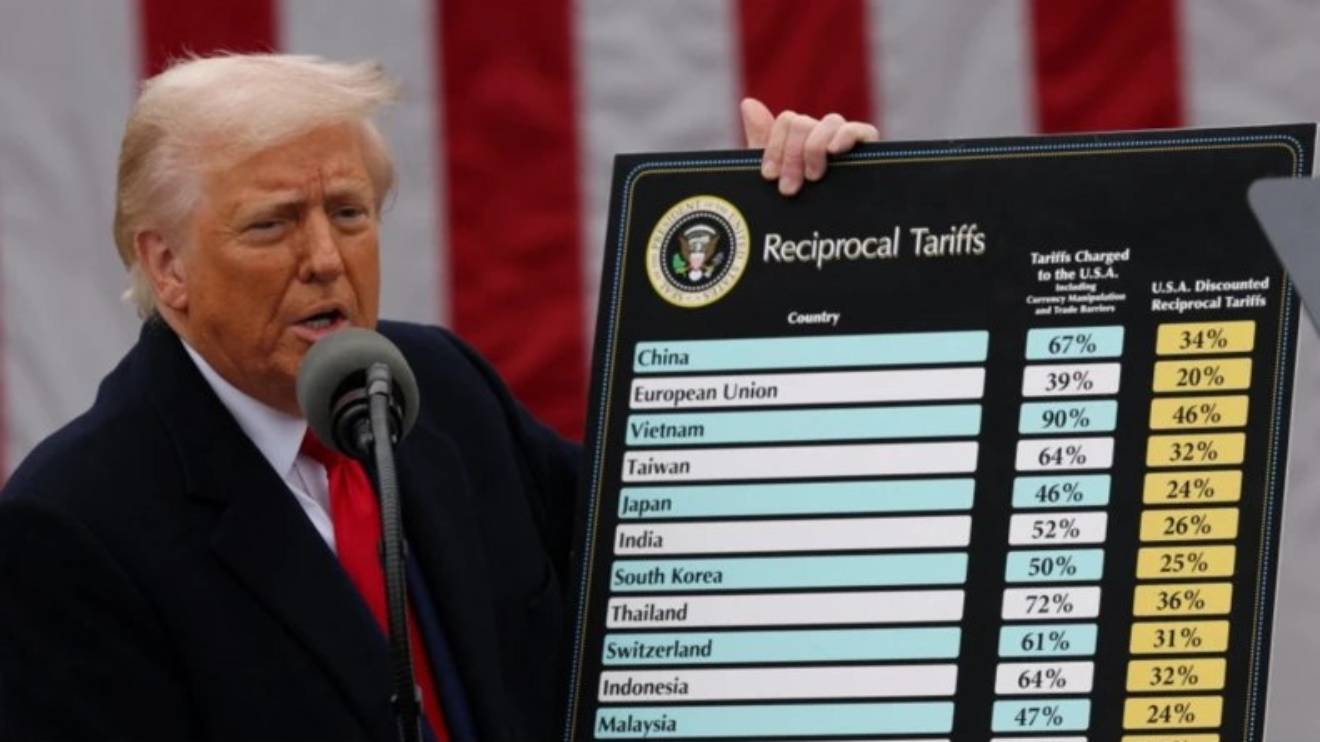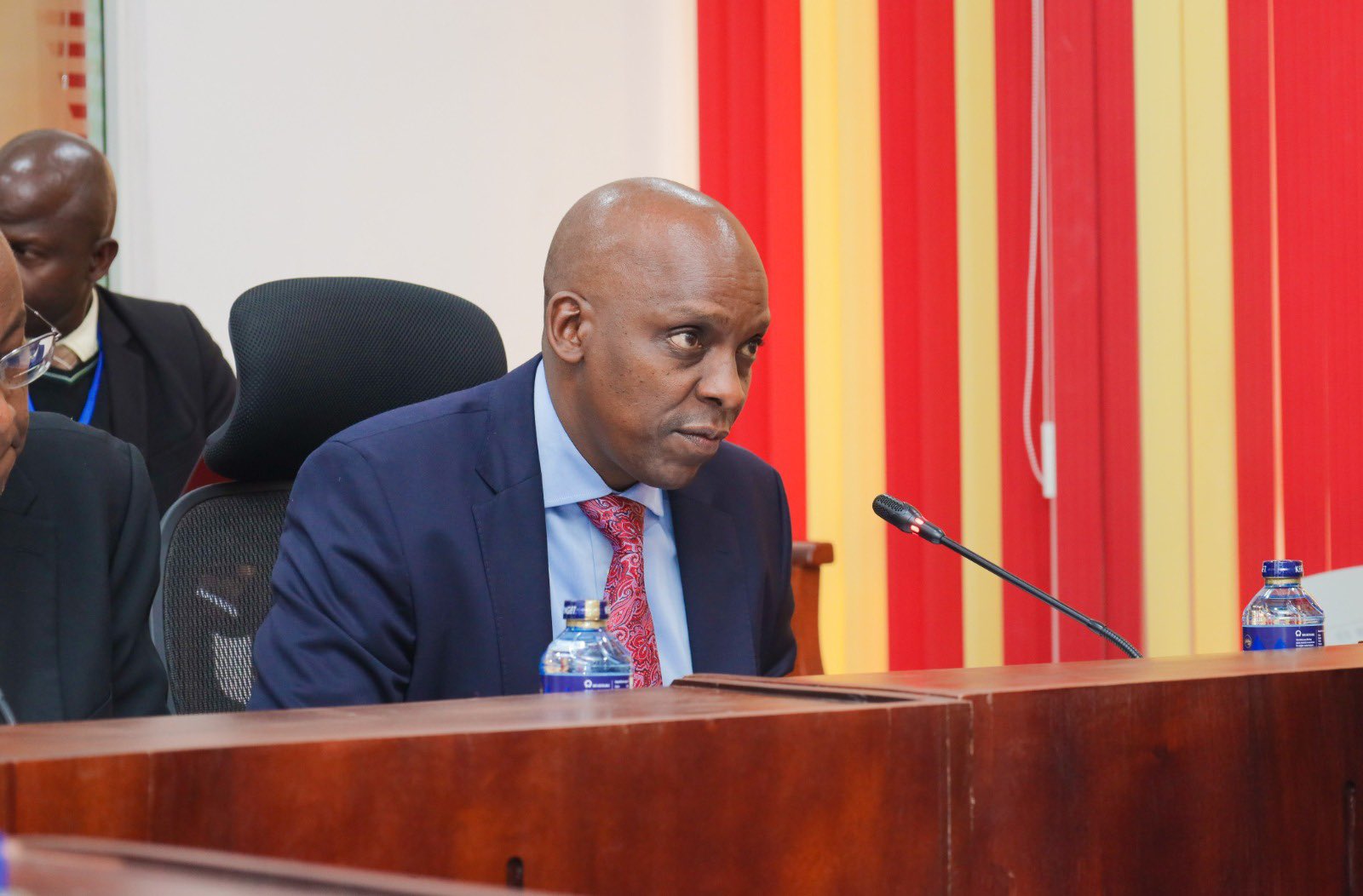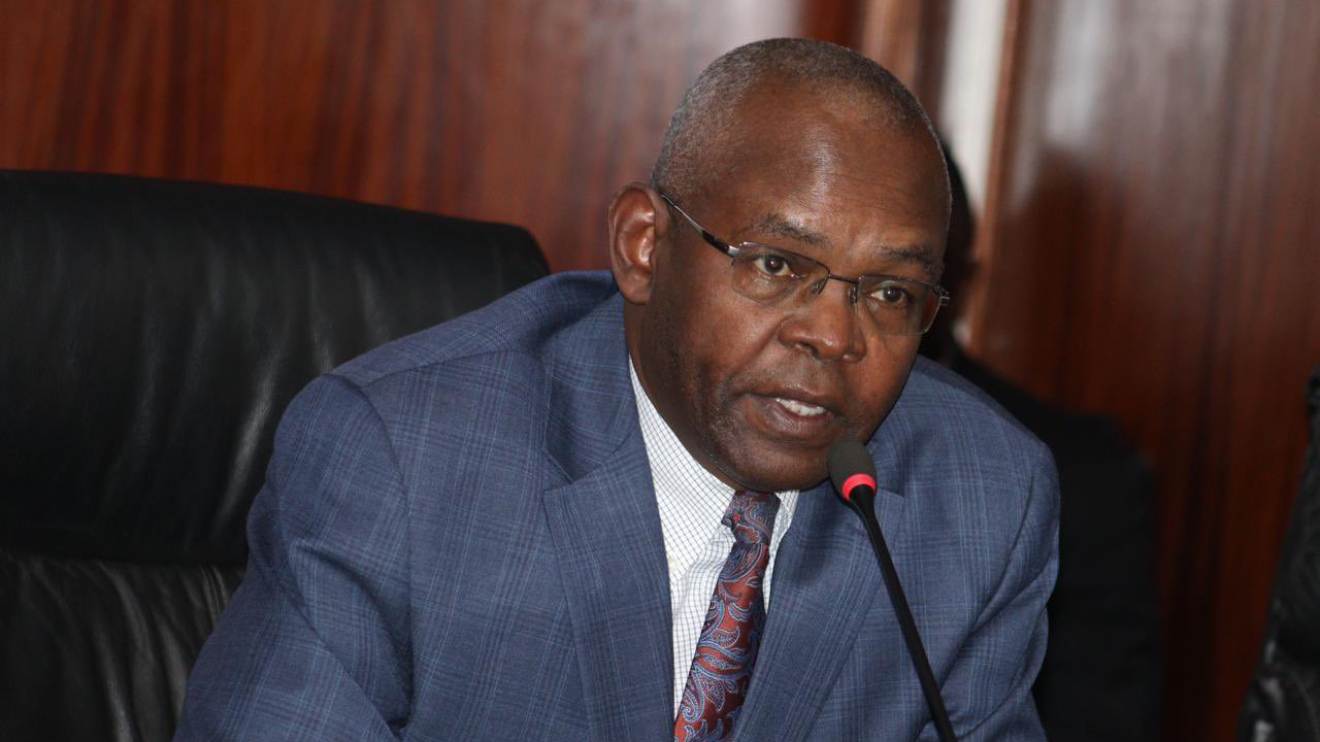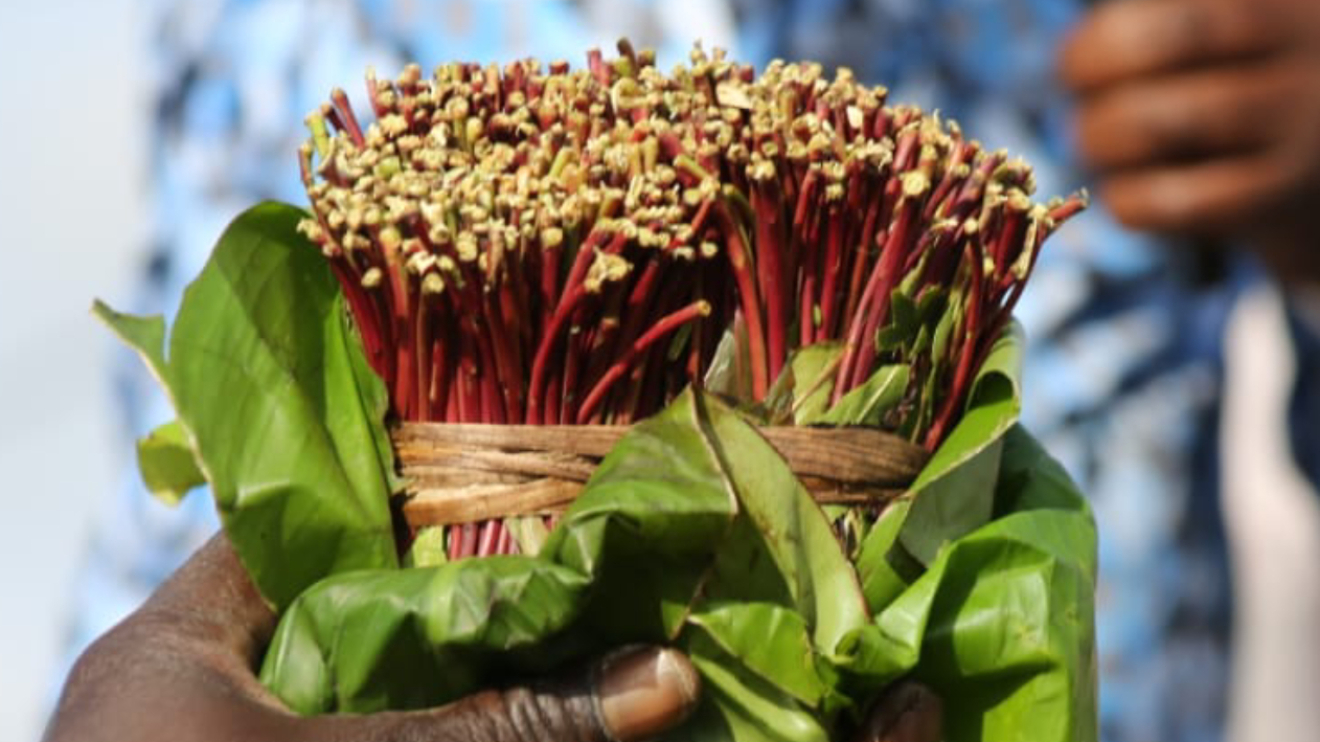The Kenya Association of Manufacturers (KAM) and the Kenya National Chamber of Commerce and Industry (KNCCI) have raised concerns over the United States' decision to impose a 10 per cent reciprocal import tariff on Kenyan goods, warning of potential disruptions to trade.
In 2024, according to the association, Kenya exported goods worth US$737.3 million (approximately Sh96.5 billion) to the USA, with apparel making up 72 per cent (US$533 million, approximately Sh69.7 billion).
Imports from the USA stood at US$782.5 million (approximately Sh102.4 billion), creating a trade deficit of US$45.2 million (approximately Sh5.9 billion).
KAM says the tariff will now affect Kenyan exports that previously enjoyed duty-free access under the African Growth and Opportunities Act (AGOA), potentially reducing competitiveness and widening the trade deficit.
KAM outlined the key risks:
Read More
Reduced Price Competitiveness: Kenya's exports to the USA, previously duty-free under AGOA, will now be subject to additional costs, reducing their market competitiveness.
This is expected to impact on Kenya's total exports of US$737.3 million (approximately Sh96.5 billion) realised in 2024.
Impact on Existing Contracts: Contracts currently based on zero (0 per cent) AGOA preferential treatment will be affected, potentially forcing Kenyan manufacturers to absorb extra costs.
Widening Trade Deficit: Kenya's trade deficit with the USA, currently at US$45.2 million (approximately Sh5.9 billion), may widen due to expected export reductions and loss of USA market share.
KAM has urged continued bilateral talks to extend AGOA beyond its September 2025 expiry, review the tariff, and allow a transition period for cargo already in transit.
It also called for measures to enhance Kenya’s global competitiveness.
KNCCI also expressed concern, stating: "The tariff policy will undoubtedly affect Kenya's trade imbalance, currently at Sh1.7 trillion (equivalent to 12 per cent of our GDP)."
It warned that the tariff shift is a wake-up call for Kenya to rethink its economic structure and build stronger local industries.
"The development gives Kenya and Africa a perfect opportunity to build stronger and resilient brands including, local capacity on Information Technology products, digital technology, equipment and machinery to spur industrialisation."
The Chamber, in consultation with the government, plans to explore alternative export opportunities and support investors in navigating the changing trade environment.
KAM and KNCCI pledged continued engagement with stakeholders to protect Kenya’s trade interests and maintain competitiveness in the US market.








